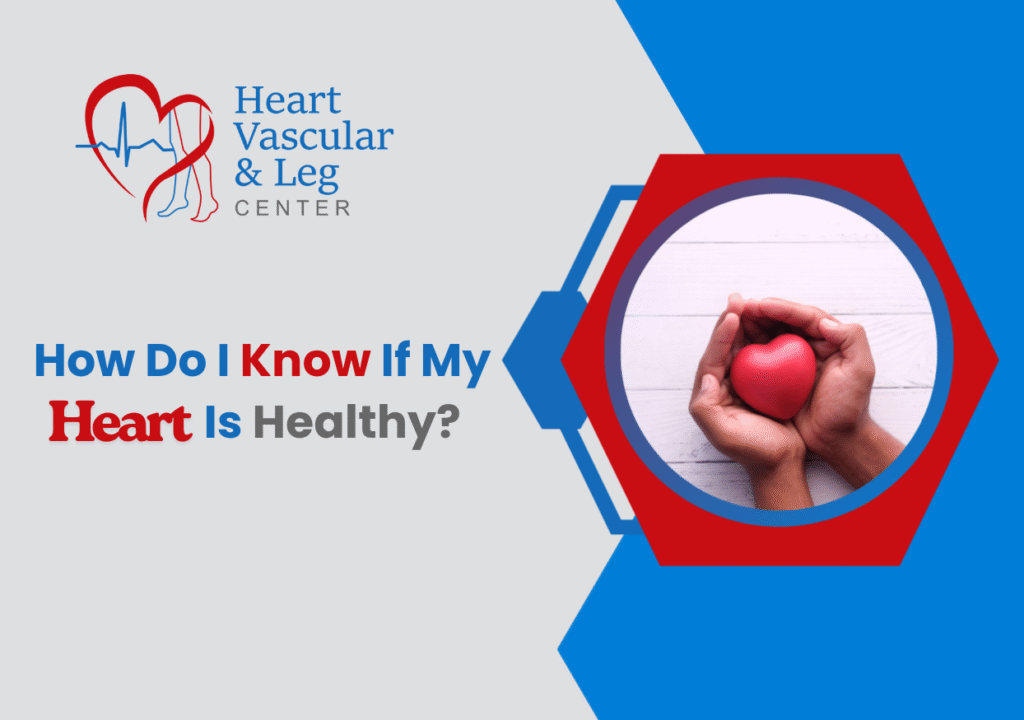
Most of us don’t spend much time thinking about our hearts until something feels wrong. Maybe stairs suddenly feel harder.
Or you get this pressure in your chest that wasn’t there before. Then the questions start.
Some people feel intense chest pain. Others just notice they’re exhausted all the time. Heart problems don’t always show up the same way in everyone.
Common things people experience:
You know your body better than anyone. If something feels different, trust that instinct. People wait months sometimes, thinking they’re overreacting. They’re usually not.
This catches people off guard. You’re worried about your heart, but your doctor starts examining your legs. There’s a reason for that.
Circulation issues show up as:
Blood vessels connect everything. Problems in your legs often mean problems elsewhere too. It’s all the same system.
Plaque doesn’t just pick one spot to build up. If it’s restricting flow to your legs, it’s probably doing the same thing in other arteries.
Leg pain that eases up when you stop moving? That’s your muscles not getting enough oxygen. It has a name, called claudication, and it matters more than you’d think.
Testing has changed a lot. Most of what doctors use now doesn’t hurt and doesn’t take long. You’re not looking at invasive procedures just to figure out what’s going on.
Standard evaluation includes:
Results usually come back fast. Then you know what you’re dealing with instead of guessing. Modern equipment gives clear pictures without surgical procedures.
You might be there a couple of hours, but you leave knowing what’s actually happening.
Everyone should pay some attention to heart health. But certain people need to pay more attention.
You’re higher risk if you have:
Age matters too. Once you hit 50, risk climbs regardless of other factors. Men face higher odds earlier. Women see their risk increase after menopause hits.
The worst thing you can do is ignore it because you’re scared of what you’ll find out.
Problems don’t get smaller when you avoid them. They compound. They spread. They get harder to treat.
Some symptoms need immediate attention. Not tomorrow. Not next week. Right now.
Get emergency help for:
These signal heart attack or stroke territory. Time matters hugely in these situations. Call 911 first.
For symptoms that’re bothering you but not critical, ongoing tiredness, mild chest weirdness, leg cramping, get an appointment scheduled within the next week or two.
Don’t put it off for months.
Heart health isn’t just catching problems. It’s stopping them before they start.
Things that actually help:
Does this guarantee you’ll never have heart trouble? No.
Consistent small choices stack up over the years. They change your odds considerably.
Reading this doesn’t accomplish anything by itself. You have to actually call someone.
Heart Vascular & Leg Center in Bakersfield handles these exact problems daily. We usually fit people in the same day they call. No sitting around for three weeks stressing about it.
The doctors there focus specifically on hearts and circulation.
All the testing equipment sits right in our office.
You’re not getting sent somewhere else for every scan.
The physicians are board-certified! This means they passed rigorous exams and maintain their credentials through ongoing education.
You’re getting current treatment approaches.
Go to heartandleg.com or call (661) 324-4100. Book the appointment.
How regularly should someone get heart screening?
Annually after 40, or sooner if risk factors apply. Your doctor can recommend based on your situation.
Does checking heart health require hospital visits?
No. Most diagnostic work happens in regular medical offices now.
What happens if results aren’t good?
You get a treatment plan. Catching issues early means more options and better outcomes overall.
Can heart conditions be genetic?
Yes. Family history affects your risk levels. This is why doctors always ask about it.
Is heart disease reversible?
Some damage sticks around permanently. Other conditions improve with medication, diet changes, and medical treatment. Earlier you catch it, better your options.
What’s the connection between diabetes and heart health?
High blood sugar damages blood vessels gradually. This raises your odds of heart disease and stroke considerably.
Keeping glucose controlled helps protect your cardiovascular system.
Also visit:

© Copyright 2024 Vascular Health Partners LLC. All Rights Reserved
Designed By CyberWorx